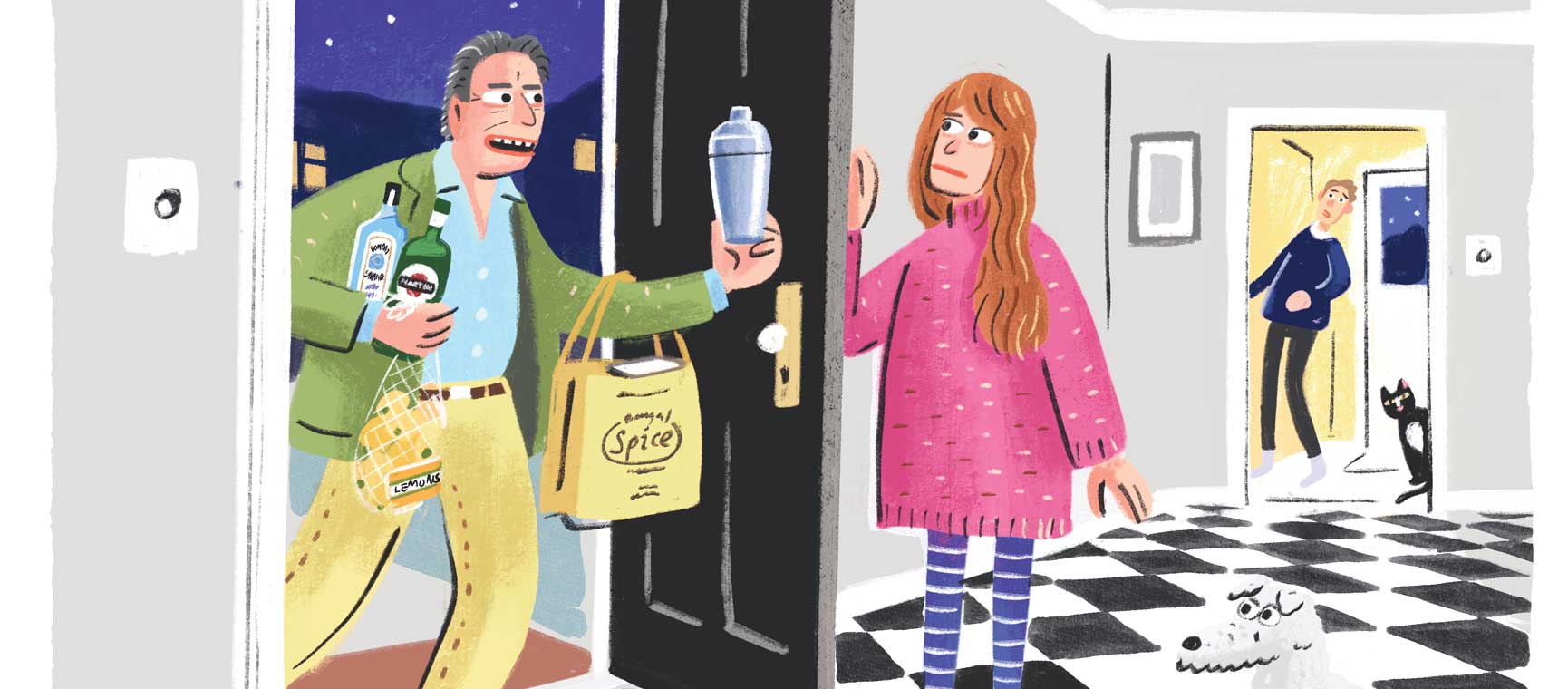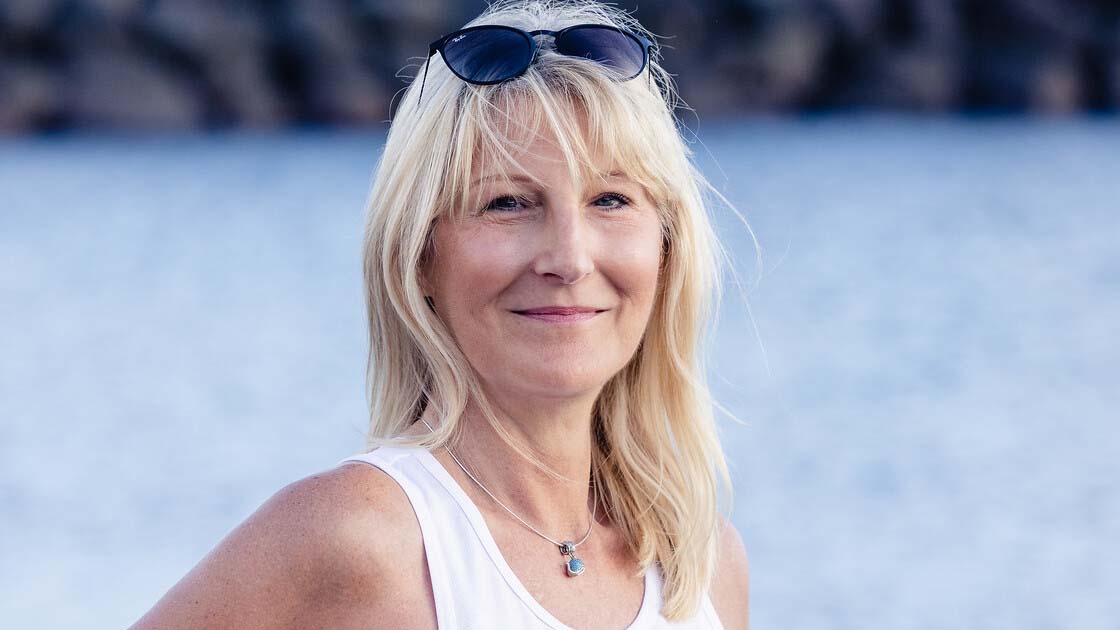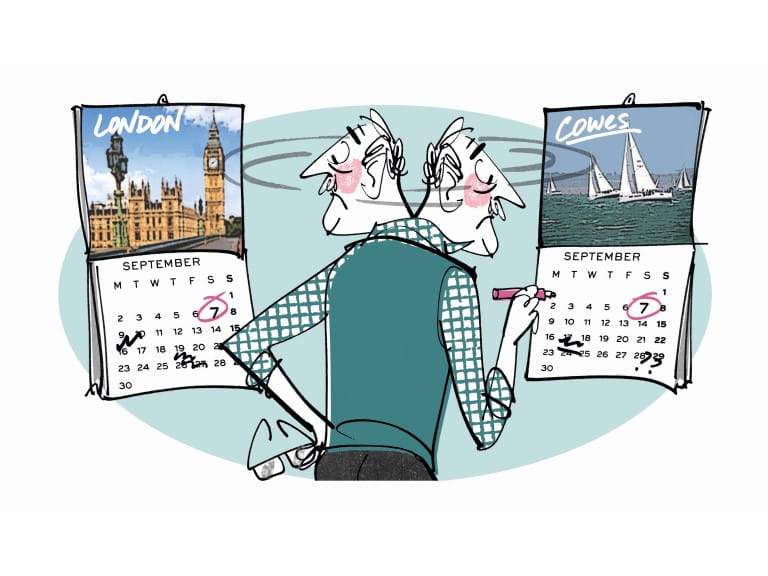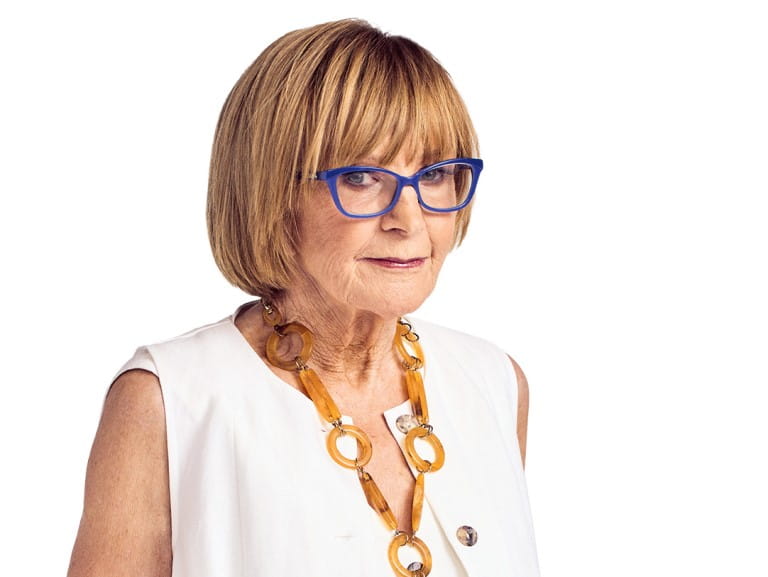Mark Palmer asks whether he's drinking little and often or a lot and always
With young people's increasing sobriety, our columnist considers whether his daily tipple is too much – or are they just missing out?

With young people's increasing sobriety, our columnist considers whether his daily tipple is too much – or are they just missing out?

My daughter – now well into her thirties and with two children of her own – asked me the other day what exactly is a Dry Martini.
I was surprised, but perhaps I should not have been. Growing up in the 1960s, Dry Martinis were a big part of my life – not because I developed an early partiality for these most lethal of glamorous cocktails but because my parents loved them.
Whenever people came to dinner, they were offered one, as was the fashion in those days. I remember my father explaining how a Dry Martini (gin, a dash of dry vermouth and twist of either an olive or lemon rind) was regarded as a palate cleanser. Which never cut much ice with me.
They drank it because it tasted delicious and was an instant injection of pleasure to get the evening started. Times change. The young drink in a completely different way. They seem to be all or nothing people – and now it’s being reported that the nothing crowd is growing.
A study by the brewer Greene King reveals that a fifth of 18 to 24-year-olds are teetotal, which is 12% higher than the national average.
And, for what it’s worth, Norwich is the most sober city in the UK, with 26% of residents not drinking.
I tend to drink every night of the week – and I get the impression that my children think that’s too much. ‘Little and often,’ is my normal retort, although I know that ‘a lot and always’ is far closer to the truth.
You only have to see how many coffee shops there are, compared with pubs. Of the latter, there are fewer than than 39,000, the smallest number since records began in 1990, according to the British Beer and Pub Association.
"Let’s meet for coffee," has replaced, "Let’s meet for a drink" for millions of young people.
Which is fine, but to miss out on the occasional Dry Martini (with all its James Bond associations about being ‘shaken not stirred’ – though my father thought that shaking a Dry Martini was ostentatious and American, and that stirring was culturally more refined) seems such a shame.
This might be unfair, but I think a big difference between me and my children when it comes to alcohol is that when they drink, they drink to excess, whereas I take a more sober approach to my everyday drinking. At least, that’s my defence.
Mind you, UK government guidelines say we should drink no more than 14 units of alcohol per week.
I’ve always taken this in my stride in delusionary style by telling myself that one glass of wine equals one unit when I know full well that a large glass (250ml) amounts to three units.
My daughter and her husband don’t drink during the week – and I always feel a twinge of embarrassment when I turn up on a Wednesday with a takeaway in one hand, a bottle of plonk in the other. It’s as if I am looking to lead them astray.
I know plenty of older people who, for one reason or another, have stopped drinking. I understand that: it’s expensive and makes the next morning something of a slog. I dare say that day might come to me in the future.
But not yet. What I hope not to experience is my children taking me aside and saying something along the lines of: "Dad, it might be a good idea to lay off the booze for a bit."
Our columnist Mark Palmer is a Fleet Street veteran. Currently, he works at the Daily Mail and Mail on Sunday. He still plays six-a-side football but not very well.
View author page
For a limited time, enjoy 3 issues of Saga Magazine for just £1. Receive the next 3 print editions delivered direct to your door, plus 3 months’ unlimited access to the Saga Magazine app—perfect for reading on the go.
Don’t miss your chance to experience award-winning content at an exceptional price.




Women in the intelligence services did more than just take notes and chide flirtatious spies - many had real power and ran missions.


Anne Robinson on what to say when you read a friend's book and it's terrible.

Anne Robinson helps a man who thinks his life doesn't feel important after retirement, and asks how to find purpose again.

Dr Miriam Stoppard advises a widow on how to navigate modern dating etiquette and broaching the subject with her grown-up children.

Our columnist on the challenge of making a will and whether we should instead be spending our money on ourselves.




Self-publishing is becoming popular among older authors who want more creative control – and a bigger slice of the profits.
